Vulvitis Itchy Vulva: Causes, Symptoms & Treatment
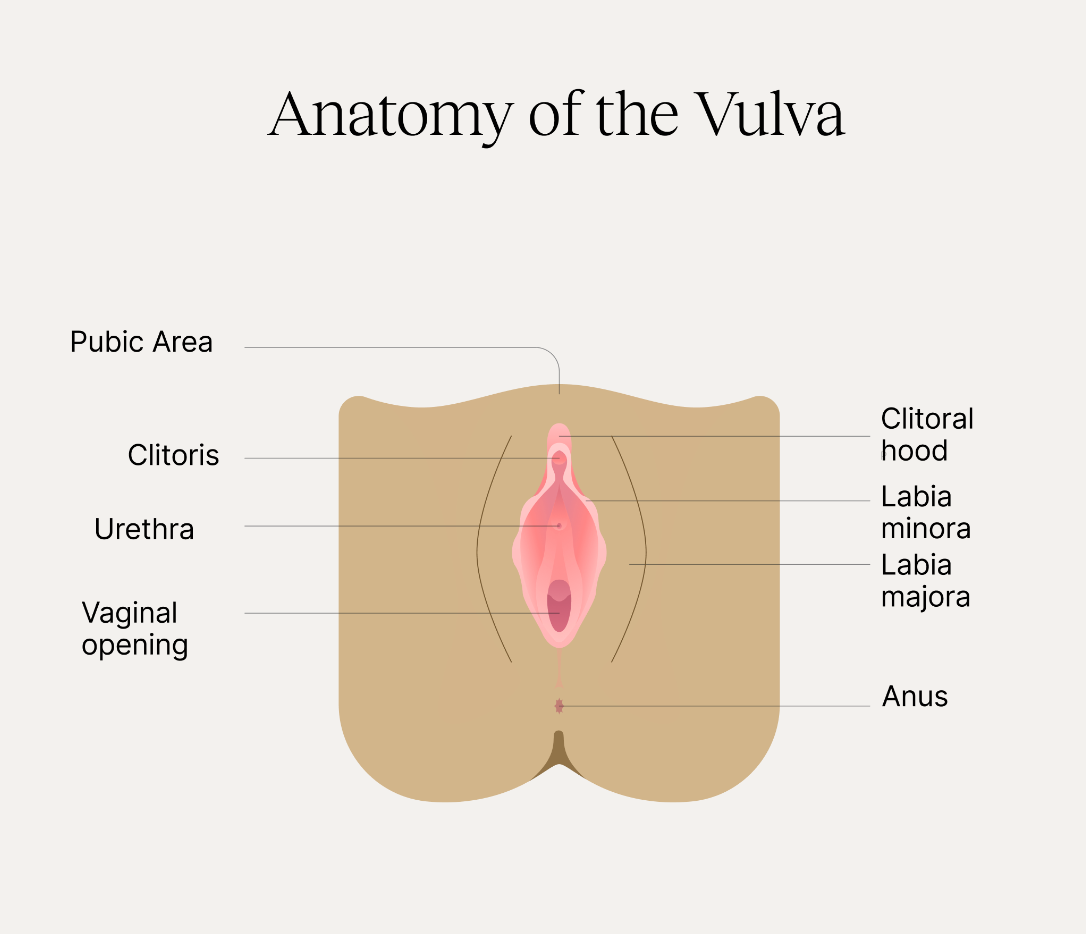
Related products
What causes vulvar and vaginal itching?
Experiencing itching in and around the vulva is very common. The severity, symptoms and treatment options are closely related to the causes. Let's understand, what are the causes, signs and symptoms and treatment options for vulval itching.
The causes of vulval itching are;
Local allergic reactions
Allergic reactions occur when your body responds to any foreign body known as an allergen. The immune system responds leading to the symptoms e.g., swelling, itching, pain etc. Some ingredients in routine cosmetic products can irritate the skin and cause local allergic reactions. Look if you are allergic to any of the ingredients in the products e.g., deodorants, fragrances, douches, lotions, creams, latex condoms, scented detergents, menstrual pads etc.
This itching will go away once you stop using the allergic product. Friction due to rough undergarments and sexual activities can also cause genital itching.
Bacterial infections (bacterial vaginosis)
The vagina has a delicate balance between harmful and beneficial bacteria. If this balance is disturbed due to any cause, the result will be an infection. The infections can also cause vulvar itching.
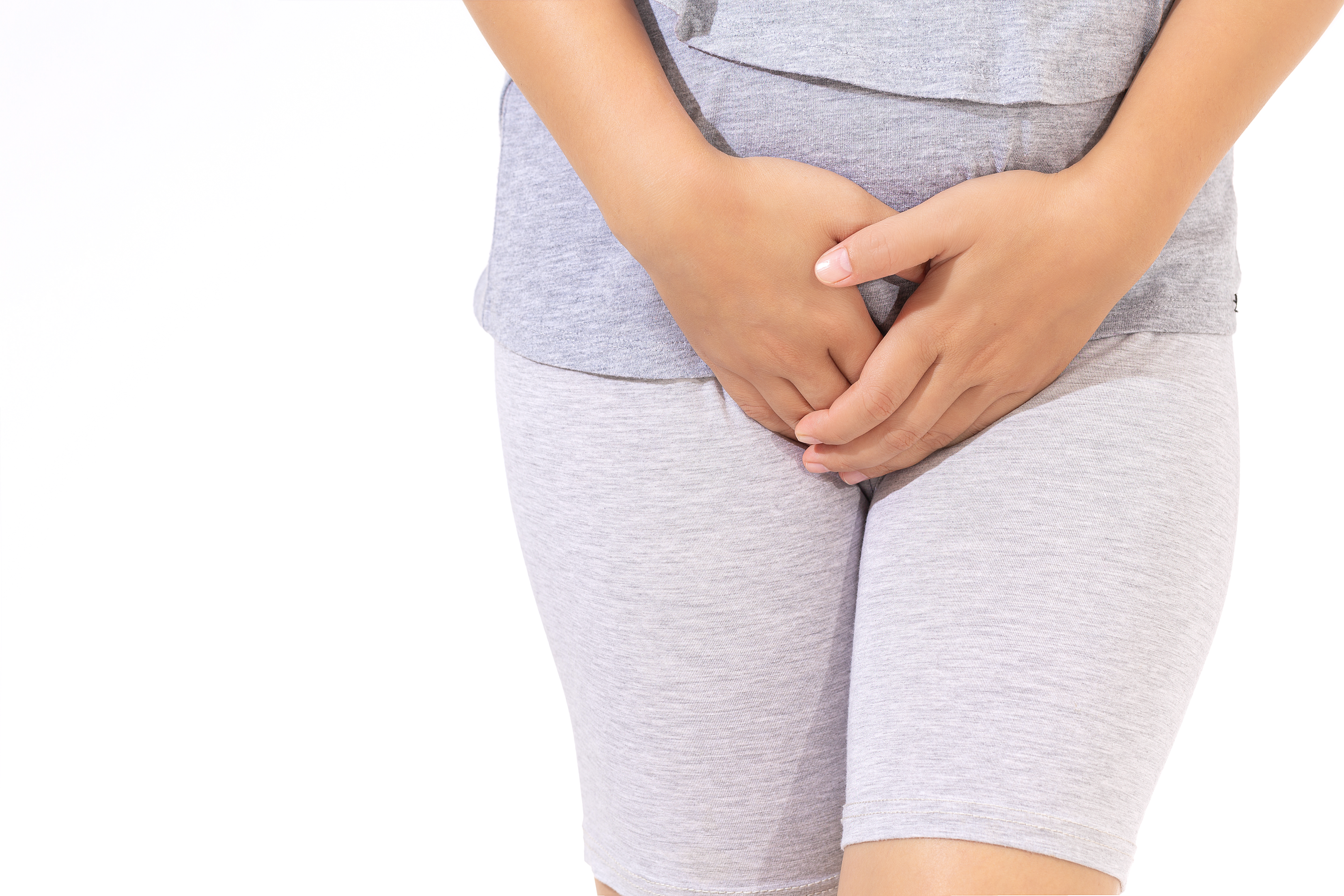
The following signs show that you have an infection in your vagina.
-
Unpleasant odours
-
Burning during urination
-
Grey or thin white vaginal discharge
-
Burning, itching and pain inside the vagina
It is possible to have the issue without any signs. So, a routine reproductive examination is a good idea. Bacterial vaginosis is however a more complicated issue with more severe complications than just the local itching. Click here to learn more about it and to consult our health experts if you suspect it.
Skin irritations
Some common skin conditions can also cause itchy vulva. These include;
-
Folliculitis (inflammation of hair follicles)
-
Contact dermatitis
-
Eczema
-
Psoriasis
-
Seborrheic dermatitis
-
Skin writings
-
Lichen planus
Mild cases may resolve spontaneously. However, you may need medical intervention in case of severe cases.
Yeast infections
Vaginal yeast infections (also known as vaginal thrush) are also very widespread. According to a recent study published in the SAGE Open Medicine, nearly 70% of women experience vaginal yeast infections during their reproductive years. The causative agent in the vast majority of cases (85-90%) is candida albicans (vaginal candidiasis).
The fungal infections are rarely serious, but they have a fairly high rate of recurrence and can cause severe itching with the following symptoms;
-
Vulvar/ vaginal itching
-
Burning
-
Swelling
-
Redness
-
Odourless clear or white discharge
-
Vaginal irritation
Continue to monitor the vulva for a yeast infection if you have a depressed immune system, are on a long course of antibiotics or are diabetic.
Sexually transmitted infections (STIs)
These infections spread through sexual activities. The pathogenesis of these diseases can involve various signs including vulval itching. The STIs causing the vulval itching are;
-
Genitals warts
-
Genital herpes
-
Trichomoniasis
-
Chlamydia
-
Gonorrhoea
The STIs can be transferred to the partner or new-born baby. Therefore, it is very important to diagnose and treat these diseases.
If you suspect to have STIs, we have a solution for you at Welzo. Our STI test kit allows an easy diagnosis of STIs. Click here to proceed with your order.
Miscellaneous causes
Besides the major causes mentioned above, there are some other causes of vulval itching. These include;
-
Local nerve damage
-
Vulval damage
-
Parasite infestations
-
Exposure to the chemicals
-
Use of perfumed or dyed toilet paper
-
Using hot tub water or bathing in a chlorinated swimming pool
-
Use of spermicides
-
The use of undergarments that trap the moisture
-
Vaginal atrophy as experienced during menopause
-
Wounds etc.
What are the symptoms of vulvar Itching?
Vulval itching rarely goes unnoticed. Severe irritation and itching at the site will tell you that something is going wrong in or outside of your vagina. Look for the following signs;
-
Vaginal discharge
-
Burning
-
Itching
-
Cracks and wounds on the skin of the vulva
-
Blisters on vulva
-
Swelling and redness on the valvular lips
-
Vaginal discharge
-
Thick patches and scales on the skin.
How can you treat and manage vulval itching?
Depending upon the cause, a variety of treatment and prevention options are available. These are;
Avoid scratching the area
Scratching the area can do abrasive damage to the area leading to secondary bacterial infections with severe complications. Avoid scratching and use a soothing lotion or ointment. Stop using any products that have strong and irritant ingredients. Avoid tight-fitting and synthetic undergarments.
Carefully choose the vulval creams
Some products e.g., a local cream having hydrocortisone etc. are available that can treat local inflammation and irritation. Some products are available over the counter but seek the help of your physician to choose the best one for you. Be careful if you are allergic to any of the ingredient (s) in these creams.
Practice safe sex precautions
Safe sex precautions will not only prevent vaginal itching, but they will also guard you against any sexually transmitted infection (s). You can reduce the irritation by using lubes to minimise friction. If you or your partner has any STI, eagerly follow the treatment and prevention guidelines.
Try some home remedies
The drugs can be very helpful, but some over-the-counter options are also available e.g.,
-
Baking soda bath relieves itching. A common practice is to add 1/4 or 1/2 cups of baking soda to your bathtub. However, immediately use a moisturiser after a bath.
-
Use Greek yoghurt to boost your immunity and promote the growth of useful bacteria
-
Use cotton underwear as it is breathable and allows moisture to escape.
-
Add some apple cider vinegar to your diet and bath
-
Use probiotic supplements
-
Use coconut oil on the local site
-
Rigorously follow the hygiene protocols
When do you need to see a doctor?
Consulting the doctor is prudent in case of complications or if the situation is not resolving.

Vulval itching is treatable. However, you may need to consult the doctor if you have;
-
Cotton cheese or frothy discharge from the vagina
-
Foul smell
-
Grey, yellow and green vaginal discharge
-
Severe redness and swelling
-
Pain in the pelvic and genital area
-
Burning and pain during urination and sex
-
Spots or blisters on the vulva
Bottom-line
Women can develop vulval itching due to various reasons. However, some safety precautions, the use of sexual hygiene, corticosteroid creams and ointments etc. can take care of the majority of the symptoms. However, you need to consult the physician in advanced and complicated cases.

To know more about vaginal and vulval thrush and for online consultation, click here. At Welzo, we also have a lot of treatments available. You can order after consulting our health professionals.
At Welzo, we also have a combined kit that allows you to keep an eye on your health by monitoring all of your vital blood parameters. Click here to place your order.



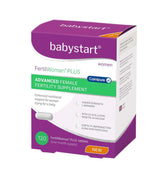
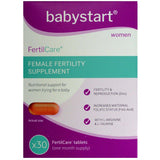
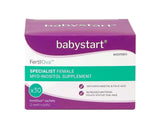
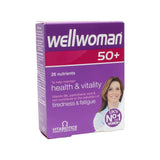
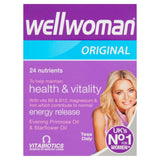
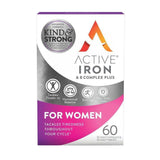

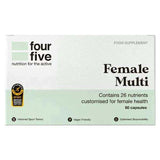
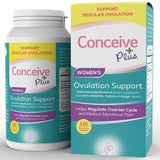
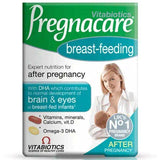
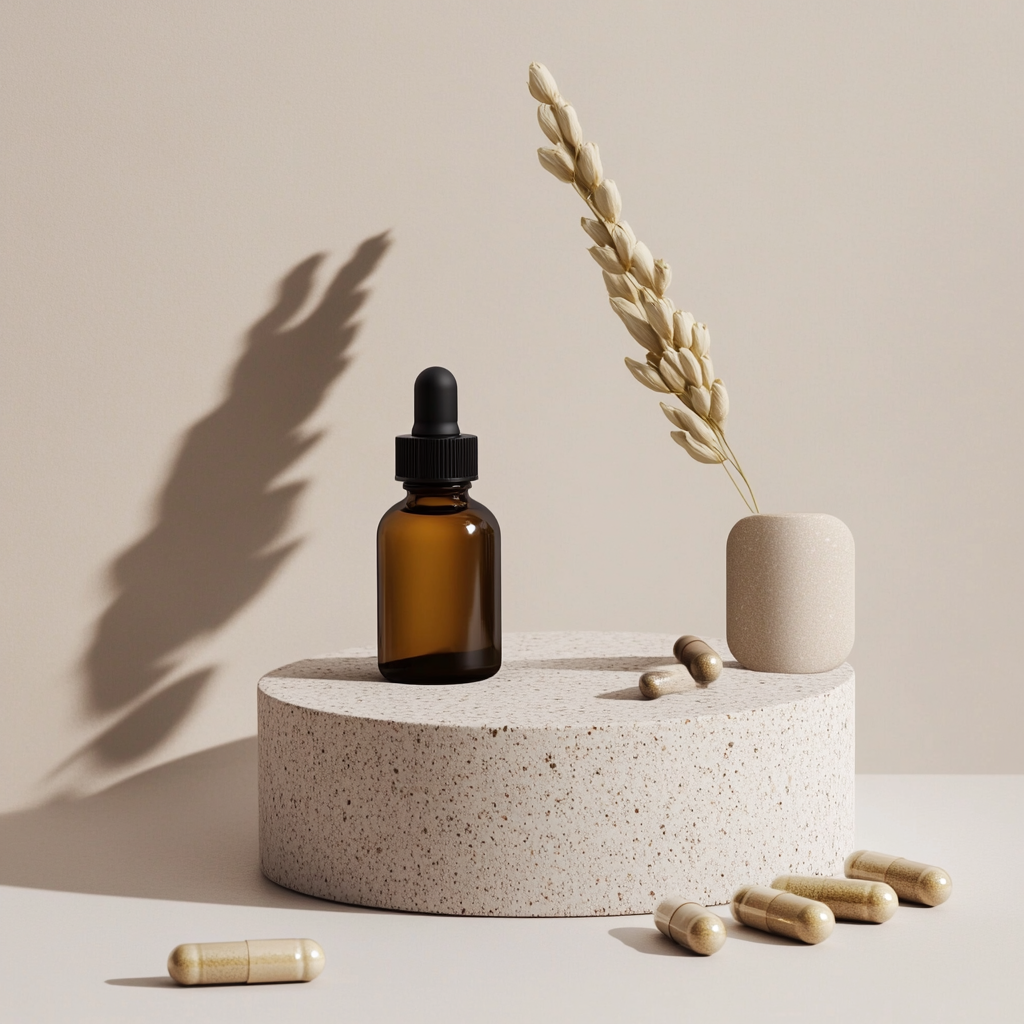
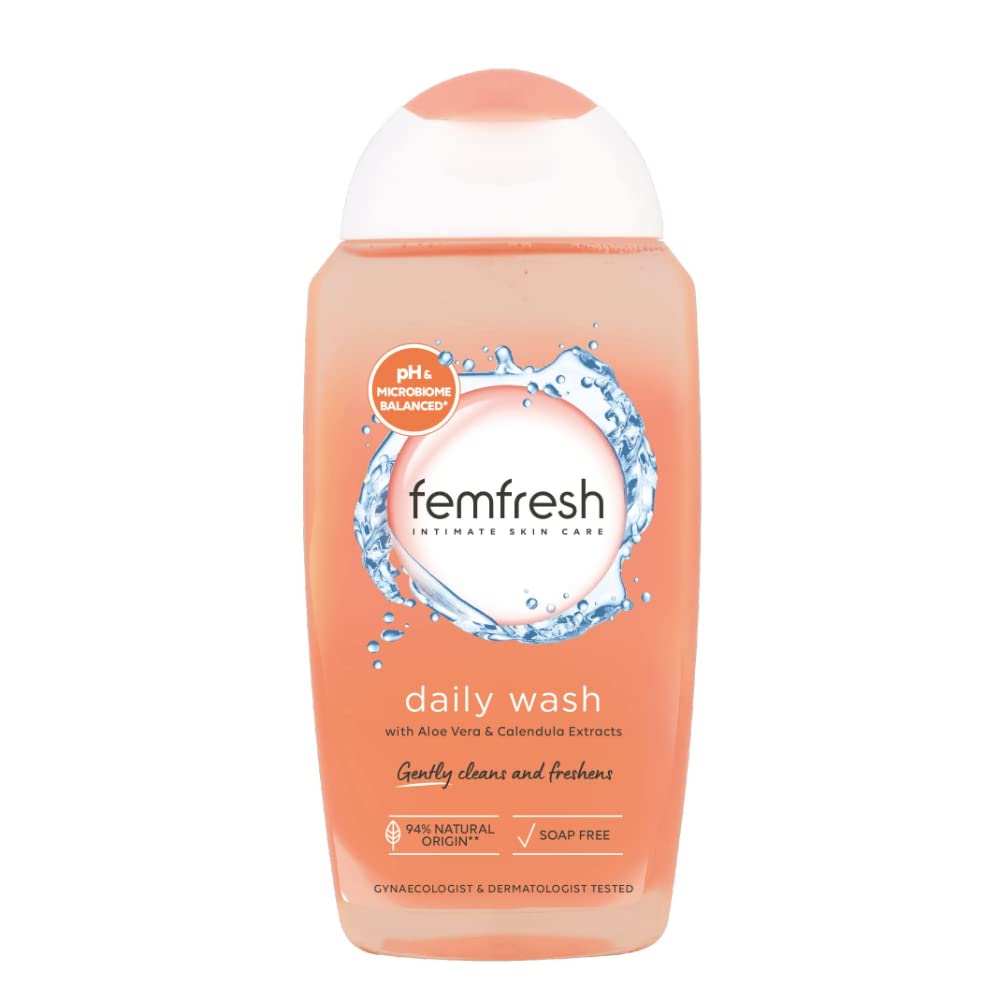
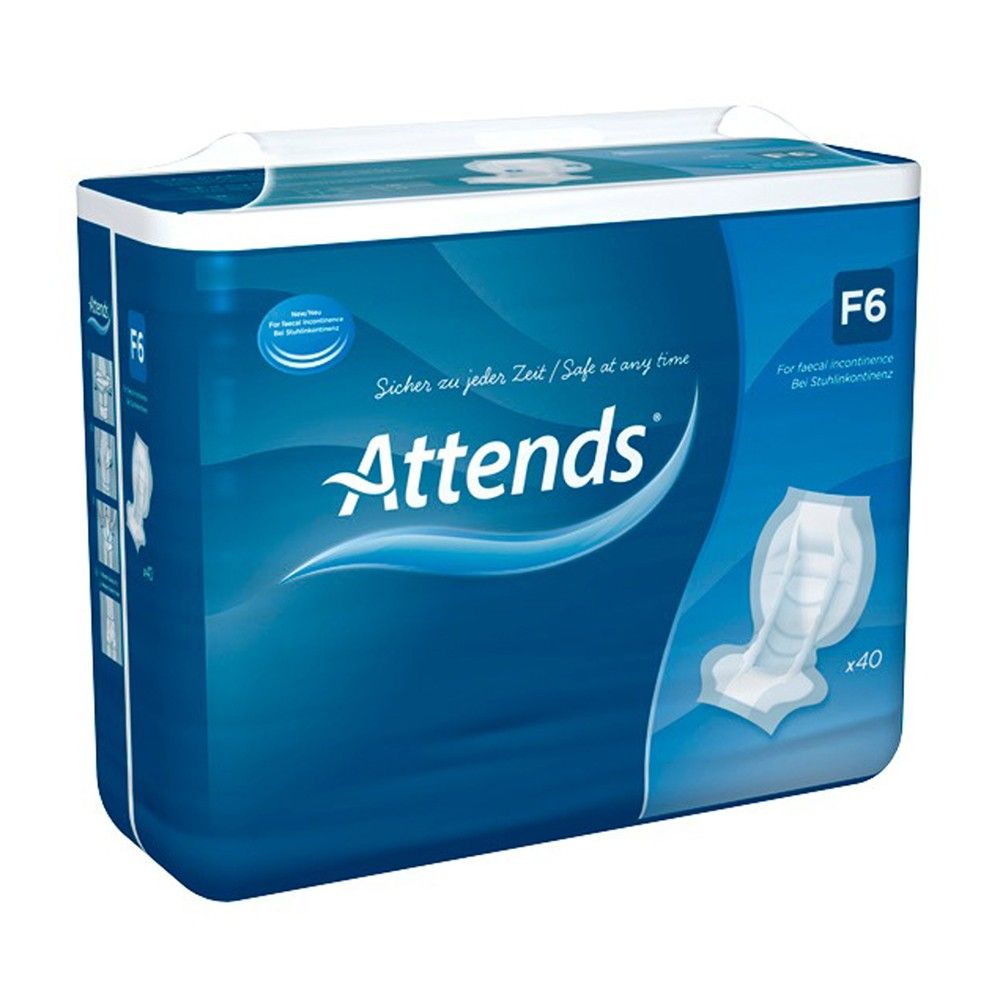
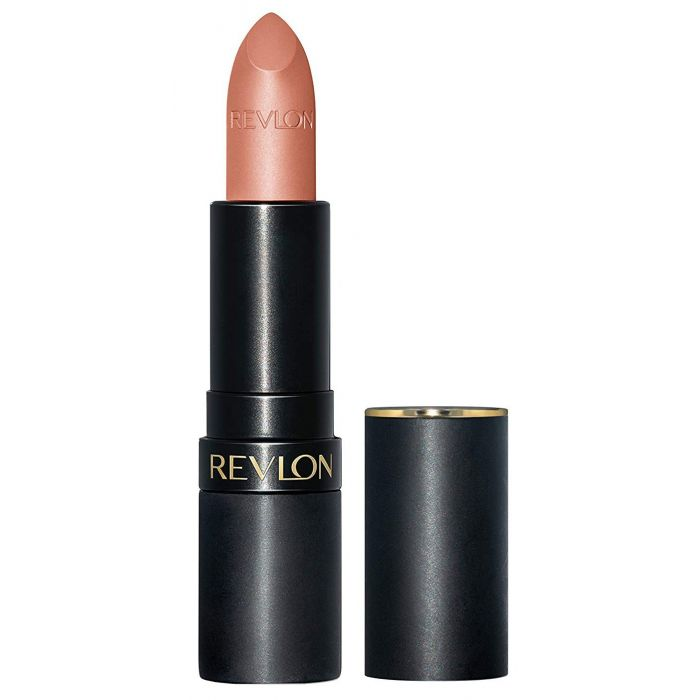

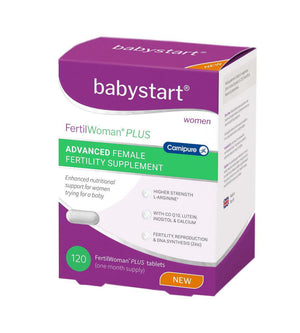
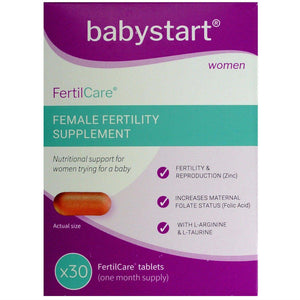
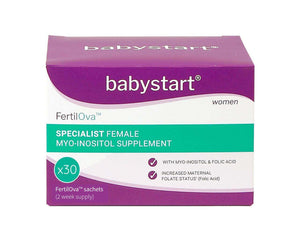
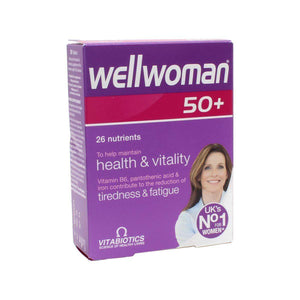
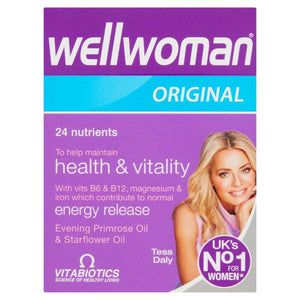
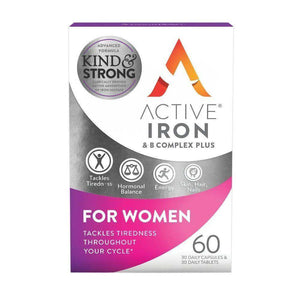

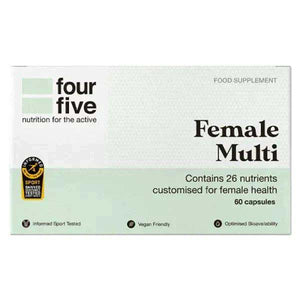
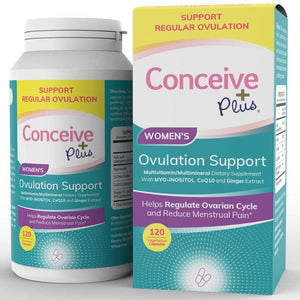
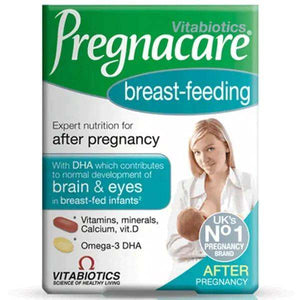
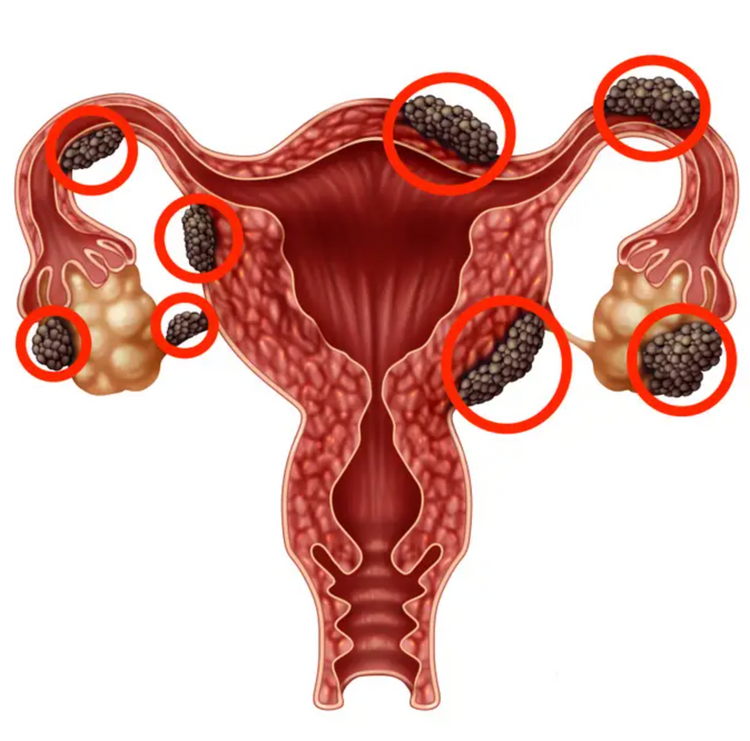



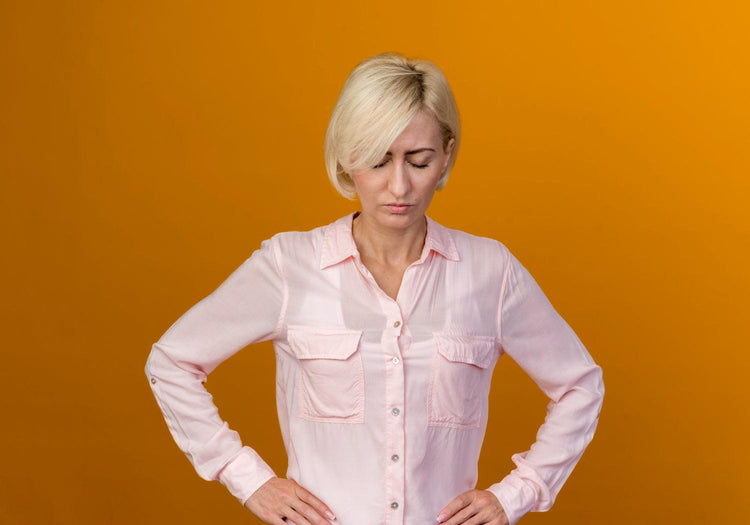


 Rated Excellent by 26,523+ Reviews
Rated Excellent by 26,523+ Reviews